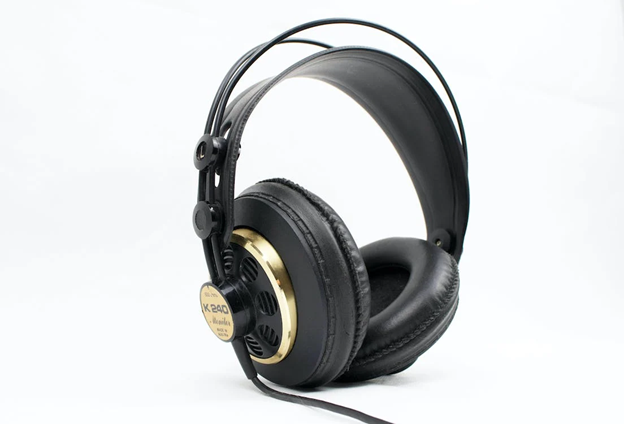If you’re a music lover, chances are you spend a good chunk of your day listening to music through your favorite set of headphones or speakers. There’s plenty of joy to be found in listening to your favorite tunes or exploring new music. However, you may be harming yourself by listening to music at loud volumes.
In this guide we will examine the side effects of listening to loud music.
Why Do People Listen to Loud Music?
Before getting into the meat of the discussion around the side effects of loud music, it is worth diving into why people listen to loud music.
Some enjoy listening to loud music simply because it gives them a thrill. This includes cranking up the volume on their car stereo while driving or standing close to speaker systems at concerts.
Other people might listen to music at loud volumes out of necessity. For example, someone who owns a pair of headphones with poor isolation may need to turn the volume up to drown out the sound of the subway or bus they are taking.
In either case, listening to music at these loud volumes can be harmful.
The Side Effects of Listening to Loud Music
Listening to loud music for prolonged periods can damage the hair cells and membranes in your ear. This can eventually lead to temporary or even permanent hearing loss.
In some cases, you might lose the ability to hear a particular set of frequencies. However, this can be frustrating too because you will no longer be able to hear music as it was intended. So you might not hear the hi-hats or guitars in a song mix as sharply as you once could before the hearing loss incident.
If this wasn’t bad enough, the human ear tries compensating for frequencies it can no longer hear by simulating them. This usually takes the form of ringing known as “tinnitus”. You might have experienced ringing in the ears for a day or two after attending a loud concert. If you have suffered permanent hearing loss, this ringing could be with you for life.
What is a Safe Listening Volume?
So what are considered safe listening volumes? Most experts say you should maintain a listening volume between 60 and 85 decibels. If you feel like cranking up the volume to 100 decibels, you should limit your listening time to 15 minutes.
If you’re at a concert or music festival where you can’t control the music’s volume, you should make an effort to stand away from the speaker system. You can also wear ear plugs to reduce the sound volume that reaches your ears.
Protecting Your Hearing
Every music lover should aim to protect their hearing if they wish to enjoy music into the future. So consider this guide a warning for anyone that has gotten into the habit of listening to loud music.

Eric Dalius is The Executive Chairman of MuzicSwipe, a music and content discovery platform designed to maximize artist discovery and optimize fan relationships. When he’s not working for MuzicSwipe, he perhaps hosting the weekly podcast “FULLSPEED,” engaging with inspiring entrepreneurs from various sectors. Additionally, through the “Eric Dalius Foundation,” he has established four scholarships for US students. Stay in touch with Eric on Twitter, Facebook, YouTube, LinkedIn, Instagram, and Entrepreneur.com.

